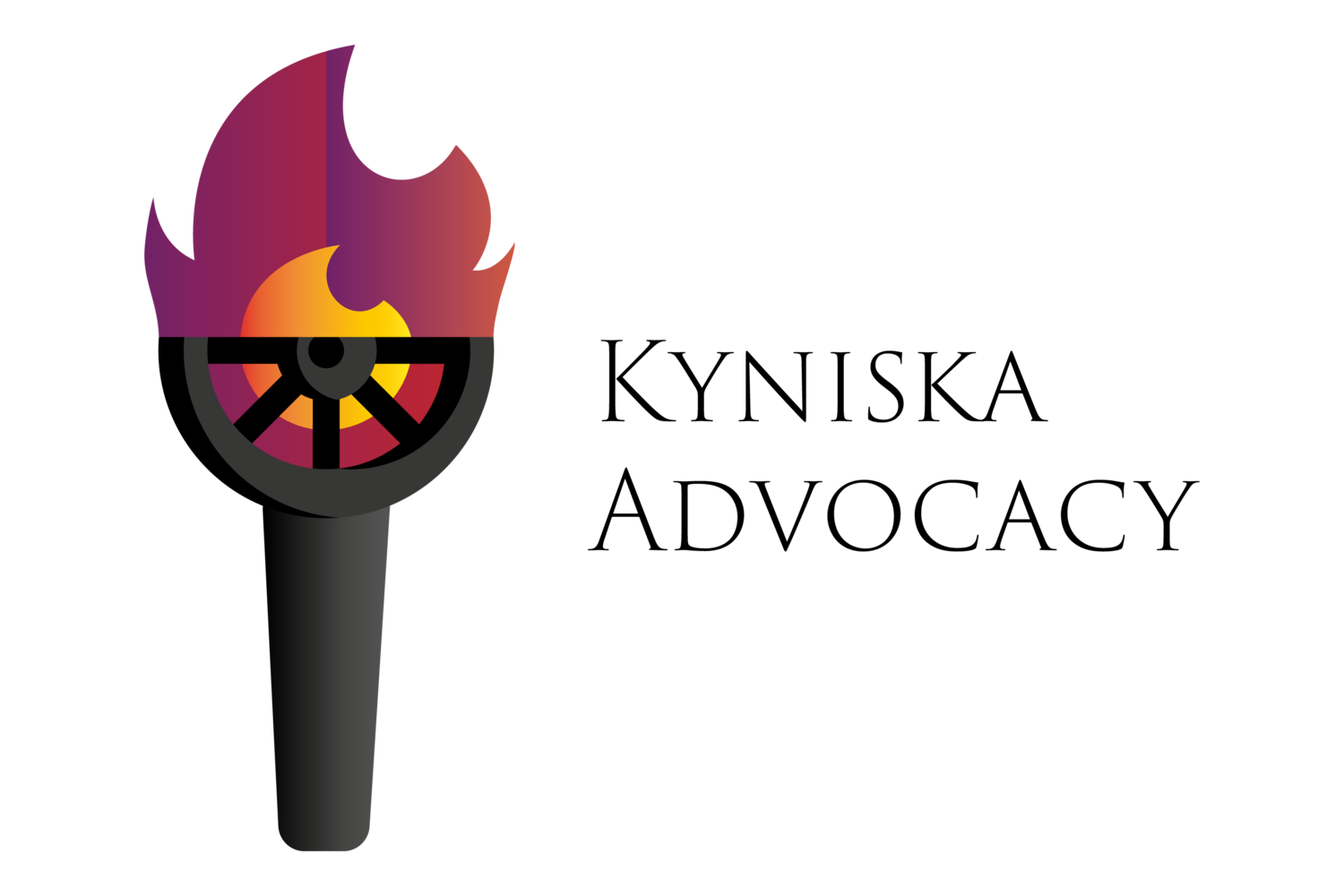The Coach-Athlete Relationship
Put simply, in sports, a coach is a person involved in the direction, instruction and training of the operations of a sports team or of individual sportspeople. A coach may also be a teacher.
It’s safe to say, however, that we all know that a coach is so much more than a simple definition. Your coach is the person with whom you entrust your hopes, fears, strengths, weaknesses and ambitions. You hand over your aspirations and place them, sometimes hesitantly, in their hands, with the hope that they will keep them safe and lead you there, wherever “there” may be.
As a young athlete, a coach can be your mentor, adopting a quasi-parental role. A good coach may strive to strike the balance between nurturing and stern as they lead you on your way. They will aim to balance training loads so as not to over-train and will avoid instilling too much of a seriousness around ambitions to ensure longevity in the sport.
As an athlete makes the transitions through age group categories it’s frequent that some will lighten their dedication as other responsibilities and life experiences come to the fore, such as school exams, new friends, perhaps first loves. Others may channel their energy into their sport and have great success as a junior. Throughout it all, the coach should be there to help these young adults navigate new experiences and any hurdles (metaphorical, of course) that arise. It’s important to strike the balance between staying in the sport and experiencing these rights of passage such as your first house party, sleepovers, etc.
“Your coach is the person with whom you entrust your hopes, fears, strengths, weaknesses and ambitions”
The coach-athlete relationship can develop and morph as athletes grow and transition from age-group juniors to mature seniors, and it should. There should be room for growth and mutual respect, for laughter and seriousness in equal measure. There should always be space for open and honest communication. Both coach and athlete can learn from each other and strong bonds can be forged as you embark on the sporting journey together.
It is however, equally important to know when this relationship is not the positive force for growth that it can or could be. Yes, your coach should be there to guide you, but equally, they shouldn’t be the person who you completely depend on for support. It is, at the end of the day, a professional relationship. Your relationship with your coach is one where power dynamics exist. Power dynamics, which, in the wrong hands, can be abused and taken advantage of.
Everyone will strike a different balance with their coach on how much involvement they have in their lives, but your personal life should be your personal life. It is important that your relationship with your coach is predominantly through sports, particularly at younger ages, only meeting and socialising at training locations or sporting events. As a junior athlete, your family and friends should still be the people closest in your circle.
When you are a vulnerable individual, if you have experienced difficult things in your life, it is easier for this relationship to become unhealthy. You may feel like depending entirely on your coach and rely on them for the belief that you can reach your goals; you may crave their approval and vie for their attention. One person’s opinion of your potential neither negates nor affirms your chance for success. Your coach should be a mentor, a guide, but not an oracle for the future.
Mhairi with her coach Helen Clitheroe
Whatever your goals, your ability, your level or involvement in sport, it’s important that you feel that your relationship with your coach is one that makes you feel positive and secure. You should never feel that training is a punishment, or fearful that you might make your coach angry if you should choose to not prioritise your sport. Yes, they invest a lot of time and energy into your development and progression, but ultimately you and you alone are in charge of your journey in sport, no one else. If you are an individual who strives for success, fearing disappointment from those who believe in you is natural, but should feel unfounded when you speak with your coach. Failure is difficult, but it is part and parcel of sport and should never come with the added burden of fearing your coach’s reaction.
Your relationship with your coach, and more widely, with your sport, can be a source for such positivity, nurturing and personal growth. Sport is widely known as a vehicle for social change, where unbreakable bonds are made and communities form as athletes, coaches, volunteers and supporters strive for success and make sacrifices, all in the name of sport.
Being an athlete or a sportsperson can sometimes feel like a lonely experience when you’re training hard in pursuit of your goals, but equally with the relationships you establish with coaches, fellow athletes and volunteers, it can and should feel like a surrogate family.
**If you feel concerned about any particular coach’s behaviour please speak to the welfare officer at your club or your national governing body. If you aren’t sure who that is, please get in touch with us at mhairi.maclennan@kyniskaadvocacy.com and we’ll direct you to the correct person.**

